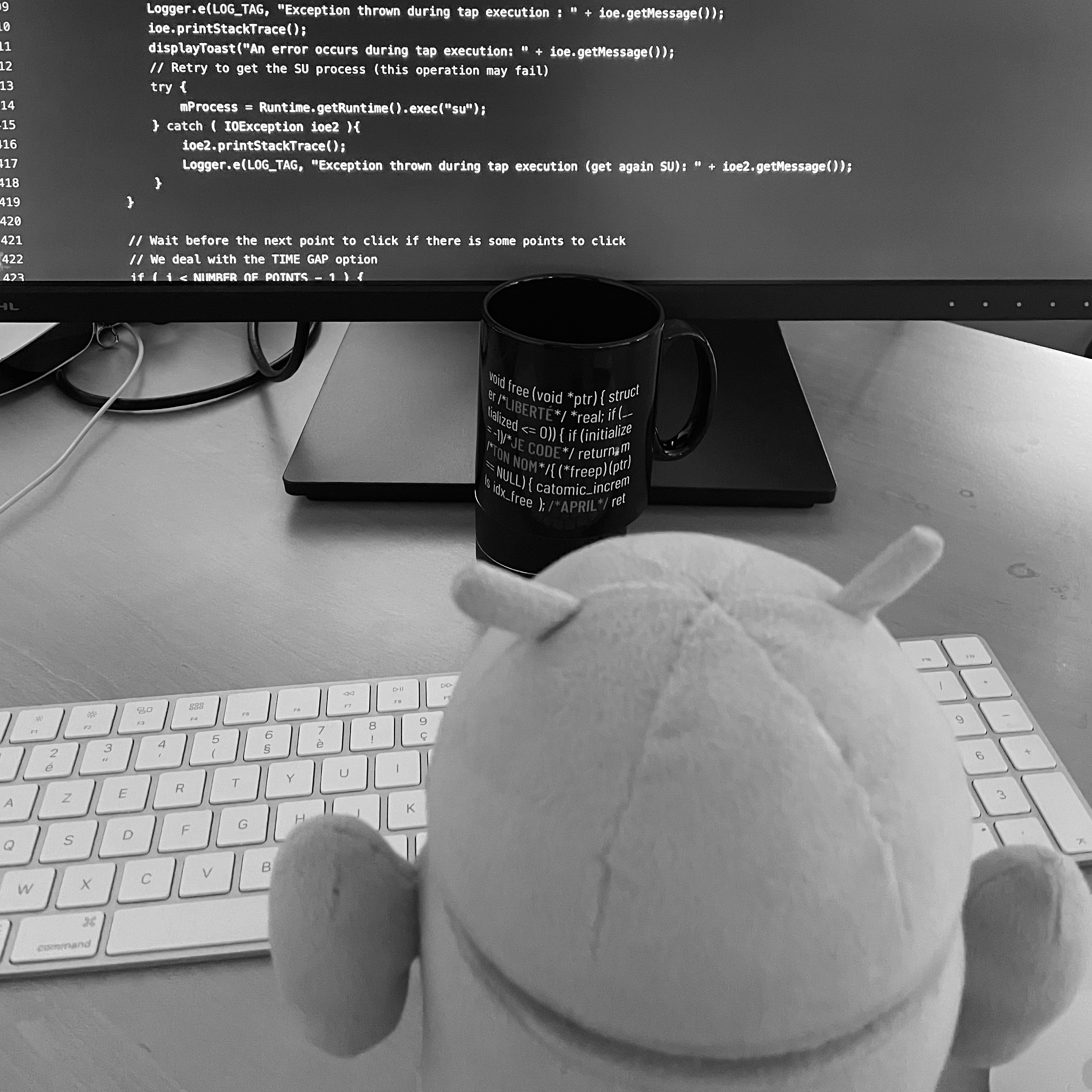

If it is your project, no need to get headaches about this. However keep for example the stuff like “Copyright YEAR - your-name” and say it’s under GPL 3 license. But nothing more.
Software crafter and digital punker keen on open source, iOS and Android apps. Interested in software ecodesign, privacy and cryptocurrencies too. pylapersonne.info


If it is your project, no need to get headaches about this. However keep for example the stuff like “Copyright YEAR - your-name” and say it’s under GPL 3 license. But nothing more.


It is kind of copyfarleft, so by essence it is it open source according to the OSI definition (which must by the only definition to use), more free / libre according to the FSF definition (which is the only definition also to keep).


Interesting! Do you remember where you got this chart?


You can for example have a look on the online resource below:
https://www.securemessagingapps.com/
It is very interesting with a big comparison grid between plenty of messaging solutions.


Why not using Firefox, Firefox Focus or Brave?
There is one definition of free in FLOSS. The FSF definition.